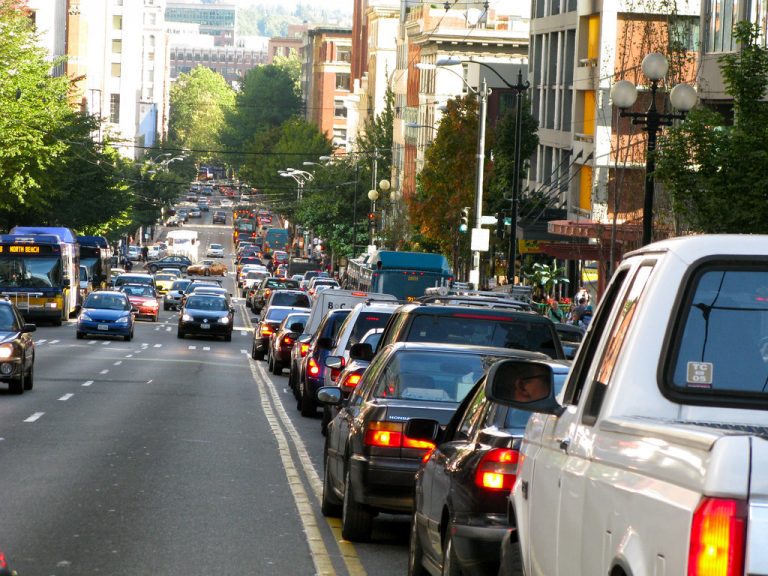Published on September 23, 2019

Many Americans use a ride-hailing service — like Uber or Lyft — to get to and from work. It provides the privacy of riding in a personal car and the convenience of catching up on emails or social media during traffic jams. In the future, self-driving vehicles could provide the same service, except without a human driver.
But would consumers be willing to ride in a driverless car?
Researchers at the University of Washington studied how Americans’ perceived cost of commute time changes depending on who’s driving. Through a survey, the team found that people considered a ride-hailing service at least 13% “less expensive,” in terms of time, compared to driving themselves. If the researchers told people the ride-hailing service was driverless, however, then the cost of travel time increased to 15% more than driving a personal car, suggesting that at least for now, people would rather drive themselves than have an autonomous vehicle drive them.
The team published its results Aug. 6 in the journal Transportation.
“The idea here is that ‘time is money,’ so the overall cost of driving includes both the direct financial costs and the monetary equivalent of time spent traveling,” said senior author Don MacKenzie, a UW associate professor of civil and environmental engineering who also leads the UW’s Sustainable Transportation Lab. “The average person in our sample would find riding in a driverless car to be more burdensome than driving themselves. This highlights the risks of making forecasts based on how people say they would respond to driverless cars today.”
Continue reading at UW News.
Originally written by Sarah McQuate for UW News.